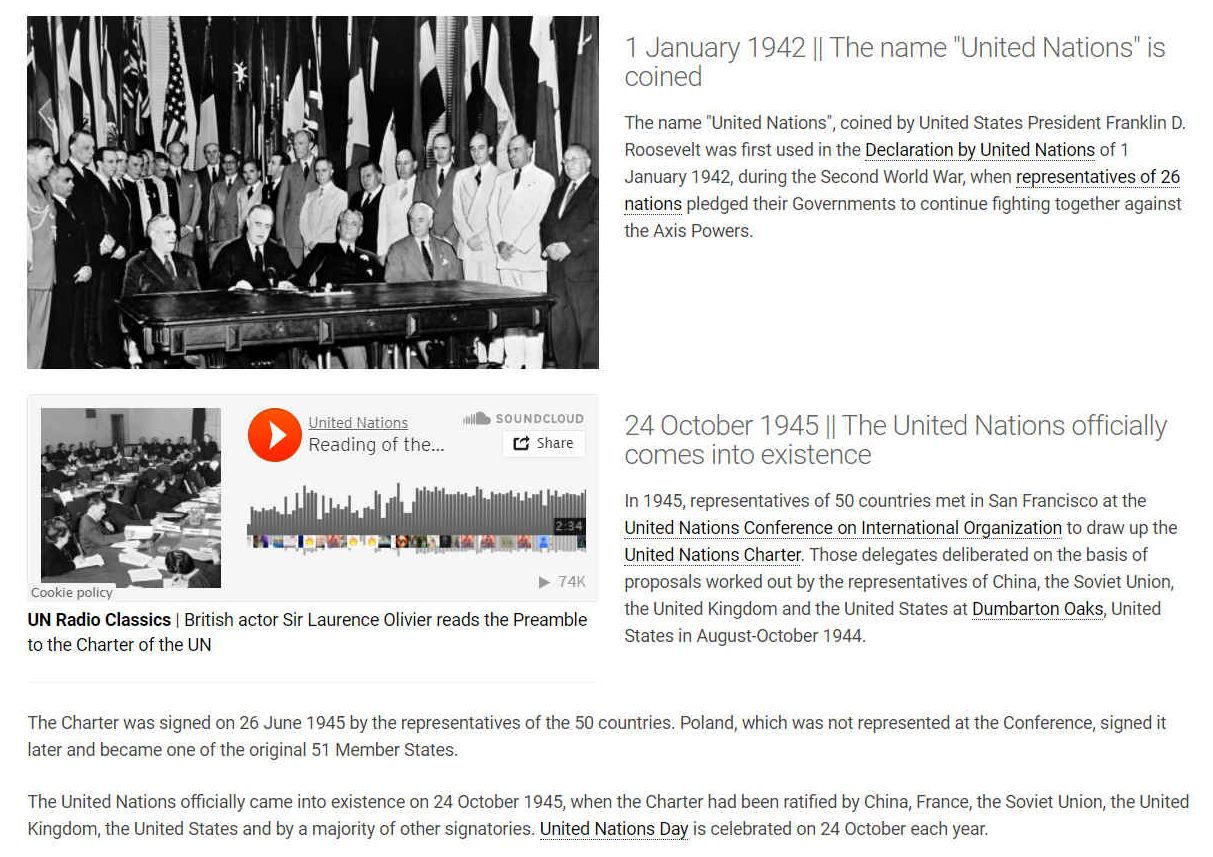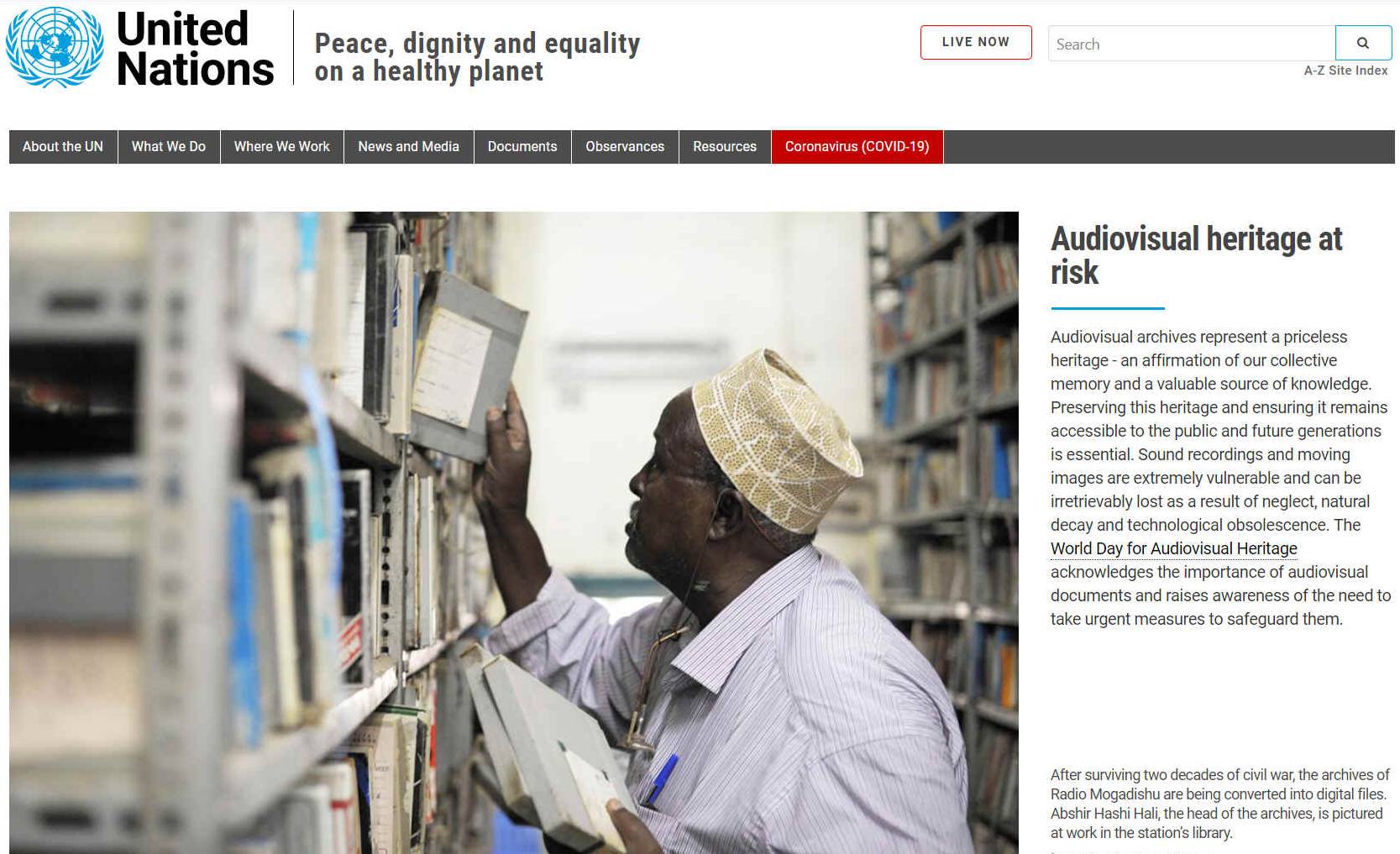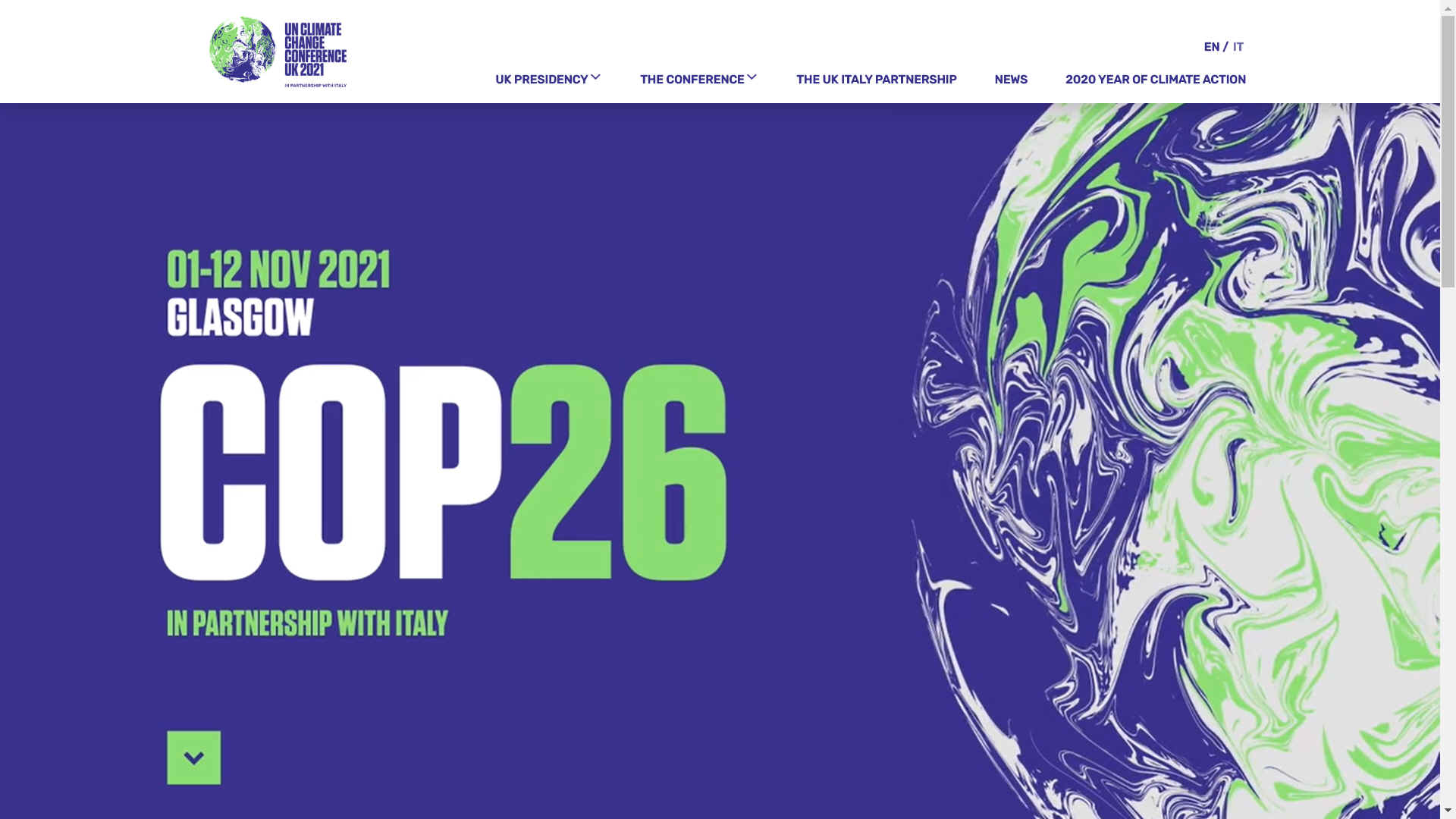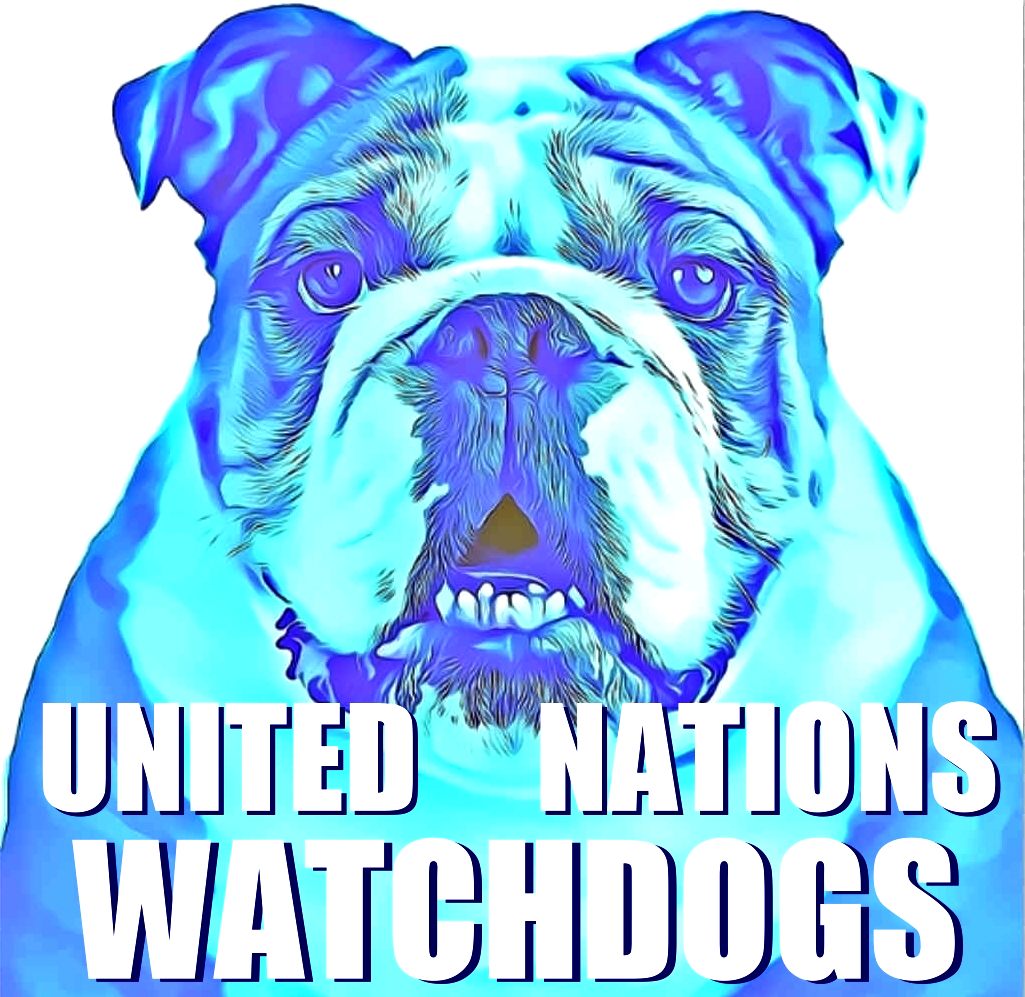
ABOUT
THE UN
The
United Nations (UN; French: Organisation des Nations Unies, ONU) is an
international organization whose stated aims include promoting and
facilitating cooperation in international law, international security,
economic development, social progress, human
rights, civil rights, civil
liberties, political freedoms, democracy, and the achievement of lasting
world peace. The UN was founded in 1945 after World War II to replace
the League of Nations, to stop wars between countries, and to provide a
platform for dialogue. It contains multiple subsidiary organizations to
carry out its missions.
At its founding, the UN had 51 member states; there are now 193. From
its offices around the world, the UN and its specialized agencies decide
on substantive and administrative issues in regular meetings held
throughout the year. Hence there is a lot
of talking.
The organization has six principal organs:
1.
The
General Assembly (the main deliberative assembly);
2.
The Security Council
(for deciding certain resolutions for peace and security);
3.
The Economic
and Social Council (for assisting in promoting international economic
and social cooperation and development);
4.
The Secretariat (for providing
studies, information, and facilities needed by the UN);
5.
The
International Court of Justice (the primary judicial organ) split
into Criminal and Human
Rights; and
6.
The
United Nations Trusteeship Council (which is currently inactive).
Other
prominent UN System agencies include the World Health Organization
(WHO), the World Food Programme (WFP),
United Nations Children's Fund (UNICEF)
and UNESCO,
promoting peace via the arts and science. The UN's most prominent position is that of the office of
Secretary-General (SG) which had been held by Ban Ki-moon of South Korea
since 2007. The present SG, since 2017, is Antonio
Gutteras.
The United Nations Headquarters resides in international territory in
New York City, with further main offices at Geneva, Nairobi, and Vienna.
The organization is financed from assessed and voluntary contributions
from its member states, and has six official languages: Arabic, Chinese,
English, French, Russian, and Spanish.
The
UN organizes conferences (Conferences of the Parties) called COPs on
climate, biodiversity and desertification, with the aim of securing
agreements to tackle such environmental challenges, and other events,
such as the 2021-2030
decade of ocean science for sustainable development.
These
events tend to gently steer the members to do the right thing. Another
organization is the International
Maritime Organization (IMO), that creates law for the safety of
mariners and to prevent pollution at sea.

UN HISTORY
After the League of Nations failed to prevent
World
War II (1939–1945),
there was widespread recognition that humankind could not afford a
third
world war.
Therefore, the United Nations was established to replace the flawed
League of Nations in 1945 in order to maintain international peace and
promote cooperation in solving international economic, social, and
humanitarian problems. The earliest concrete plan for a new world
organization was begun under the aegis of the U.S. State Department in
1939. Franklin D. Roosevelt first coined the term 'United Nations' as a
term to describe the Allied countries. The term was first officially
used on 1 January 1942, when 26 governments signed the Atlantic Charter,
pledging to continue the war effort. On 25 April 1945, the UN Conference
on International Organization began in San Francisco, attended by 50
governments and a number of non-governmental organizations involved in
drafting the United Nations Charter.
The UN officially came into
existence on 24 October 1945 upon ratification of the Charter by the
five then-permanent members of the Security Council - France, the
Republic of China, the Soviet Union, the United Kingdom and the United
States - and by a majority of the other 46 signatories. The first
meetings of the General Assembly, with 51 nations represented, and the
Security Council, took place in Methodist Central Hall Westminster in
London beginning 6 January 1946.
The organization was based at the Sperry Gyroscope Corporation's facility in
Lake Success, New York, from 1946–1952, before moving to the United
Nations Headquarters building in Manhattan upon its completion.
Since its creation, there has been controversy and criticism of the
United
Nations. In the United States, an early opponent of the UN was the John
Birch Society, which began a "get US out of the UN" campaign
in 1959, charging that the UN's aim was to establish a "One World
Government". After the Second World War, the French Committee of National Liberation was late to be recognized by
the US as the government of France, and so the country was initially
excluded from the conferences that aimed at creating the new
organization. Charles de Gaulle criticized the UN, famously calling it a
machin ("contraption"), and was not convinced that a global
security alliance would help maintain world peace, preferring direct
defence treaties between countries.
OBJECTIVES
The UN, after approval by the Security Council, sends peacekeepers to
regions where armed conflict has recently ceased or paused to enforce
the terms of peace agreements and to discourage combatants from resuming
hostilities. Since the UN does not maintain its own military,
peacekeeping forces are voluntarily provided by member states of the UN.
The forces, also called the "Blue Helmets", who enforce UN
accords, are awarded United Nations Medals, which are considered
international decorations instead of military decorations. The
peacekeeping force as a whole received the Nobel Peace Prize in 1988.
The founders of the UN had envisaged that the organization would act to
prevent conflicts between nations and make future wars impossible,
however the outbreak of the Cold War made peacekeeping agreements
extremely difficult because of the division of the world into hostile
camps. Following the end of the Cold War, there were renewed calls for
the UN to become the agency for achieving world peace, as several dozen
ongoing conflicts continue to rage around the globe.
A 2005 RAND Corp study found the UN to be successful in two out of three
peacekeeping efforts. It compared UN nation-building efforts to those of
the United States, and found that seven out of eight UN cases are at
peace, as compared with four out of eight US cases at peace. Also in
2005, the Human Security Report documented a decline in the number of
wars, genocides and human rights abuses since the end of the Cold War,
and presented evidence, albeit circumstantial, that international
activism - mostly spearheaded by the UN - has been the main cause of the
decline in armed conflict since the end of the Cold War. Situations
where the UN has not only acted to keep the peace but also occasionally
intervened include the Korean War (1950–1953), and the authorization
of intervention in Iraq after the Persian Gulf War in 1990.
The UN has also drawn criticism for perceived failures. In many cases,
member states have shown reluctance to achieve or enforce Security
Council resolutions, an issue that stems from the UN's intergovernmental
nature - seen by some as simply an association of 193 member states who
must reach consensus, not an independent organization. Disagreements in
the Security Council about military action and intervention are seen as
having failed to prevent the 1971 Bangladesh atrocities, the 1994
Rwandan Genocide, failed to provide humanitarian aid and intervene in
the Second Congo War, failed to intervene in the 1995 Srebrenica
massacre and protect a refugee haven by authorizing peacekeepers to use
force, failure to deliver food to starving people in Somalia, failure to
implement provisions of Security Council resolutions related to the
Israeli - Palestinian conflict, and continuing failure to prevent
genocide or provide assistance in Darfur.
UN peacekeepers have also been
accused of child rape, sexual abuse or soliciting prostitutes during
various peacekeeping missions, starting in 2003, in the Congo, Haiti,
Liberia, Sudan and what is now South Sudan, Burundi and Ivory Coast. In
2004, former Israeli ambassador to the UN Dore Gold criticized what it
called the organization's moral relativism in the face of (and
occasional support of) genocide and terrorism that occurred between the
moral clarity of its founding period and the present day. Gold
specifically mentions Yasser Arafat's 1988 invitation to address the
General Assembly as a low point in the UN's history.
In addition to peacekeeping, the UN is also active in encouraging
disarmament. Regulation of armaments was included in the writing of the
United Nations Charter in 1945 and was envisioned as a way of limiting
the use of human and economic resources for the creation of them.
However, the advent of nuclear weapons came only weeks after the signing
of the charter and immediately halted concepts of arms limitation and
disarmament, resulting in the first resolution of the first ever General
Assembly meeting calling for specific proposals for "the
elimination from national armaments of atomic weapons and of all other
major weapons adaptable to mass destruction". The principal forums
for disarmament issues are the General Assembly First Committee, the UN
Disarmament Commission, and the Conference on Disarmament, and
considerations have been made of the merits of a ban on testing nuclear
weapons, outer space arms control, the banning of chemical weapons and
land mines, nuclear and conventional disarmament, nuclear-weapon-free
zones, the reduction of military budgets, and measures to strengthen
international security.
UNDERFUNDING
The UN is financed from assessed and voluntary contributions from member
states. The General Assembly approves the regular budget and determines
the assessment for each member. This is broadly based on the relative
capacity of each country to pay, as measured by their gross national
income (GNI), with adjustments for external debt and low per capita
income.
The Assembly has established the principle that the UN should not be
overly dependent on any one member to finance its operations. Thus,
there is a 'ceiling' rate, setting the maximum amount any member is
assessed for the regular budget. In December 2000, the Assembly revised
the scale of assessments to reflect current global circumstances. As
part of that revision, the regular budget ceiling was reduced from 25%
to 22%. For the least developed countries (LDCs), a ceiling rate of
0.01% is applied. In addition to the ceiling rates, the minimum amount
assessed to any member nation (or 'floor' rate) is set at 0.001% of the
UN budget. Refer to the table for major contributors.
A large share of UN expenditures addresses the core UN mission of peace
and security. The peacekeeping budget for the 2005–2006 fiscal year
was approximately US$5 billion, €2.5 billion (compared to
approximately US$1.5
billion, €995 million for the UN core budget over the same
period), with some 70,000 troops deployed in 17 missions around the
world. UN peace operations are funded by assessments, using a formula
derived from the regular funding scale, but including a weighted
surcharge for the five permanent Security Council members, who must
approve all peacekeeping operations. This surcharge serves to offset
discounted peacekeeping assessment rates for less developed countries.
As of 1 January 2011, the top 10 providers of assessed financial
contributions to United Nations peacekeeping operations were: the United
States, Japan, the United Kingdom, Germany, France, Italy, China,
Canada, Spain and the Republic of Korea.
Special
UN programmes not included in the regular budget
(such as UNICEF, the
WFP and UNDP) are financed by voluntary
contributions from other member governments. Most of this is financial
contributions, but some is in the form of agricultural commodities
donated for afflicted populations. Since their funding is voluntary,
many of these agencies suffer severe shortages during economic
recessions. In July 2009, the World Food Programme reported that it has
been forced to cut services because of insufficient funding. It has
received barely a quarter of the total it needed for the 09/10 financial
year.

GLASGOW, SCOTLAND - The
United
Nations' climate summits are known as COP = Conference Of the Parties. This is the 24th, meaning twenty-four years during which these global discussions have been unable to put in place a binding action plan to save us from global warming. In 2018 fifty high profile companies wrote to the UN calling for solid action to curb climate change. The 26th session of the UNFCCC was originally scheduled to take place from 9-19 November 2020, in Glasgow, UK. On 28 May 2020, the COP Bureau decided that it would take place from
1-12 November
2021, in Glasgow, UK

Please use our
A-Z INDEX to
navigate this site, or our HOMEPAGE



